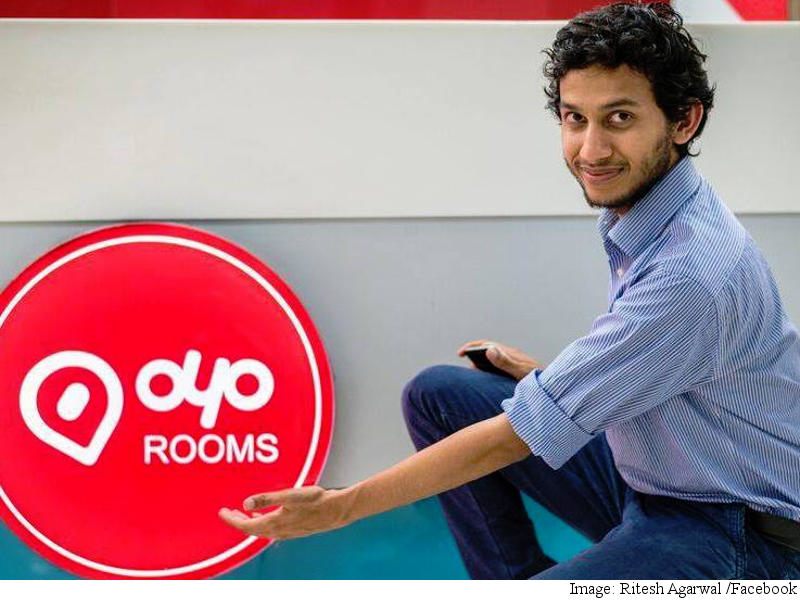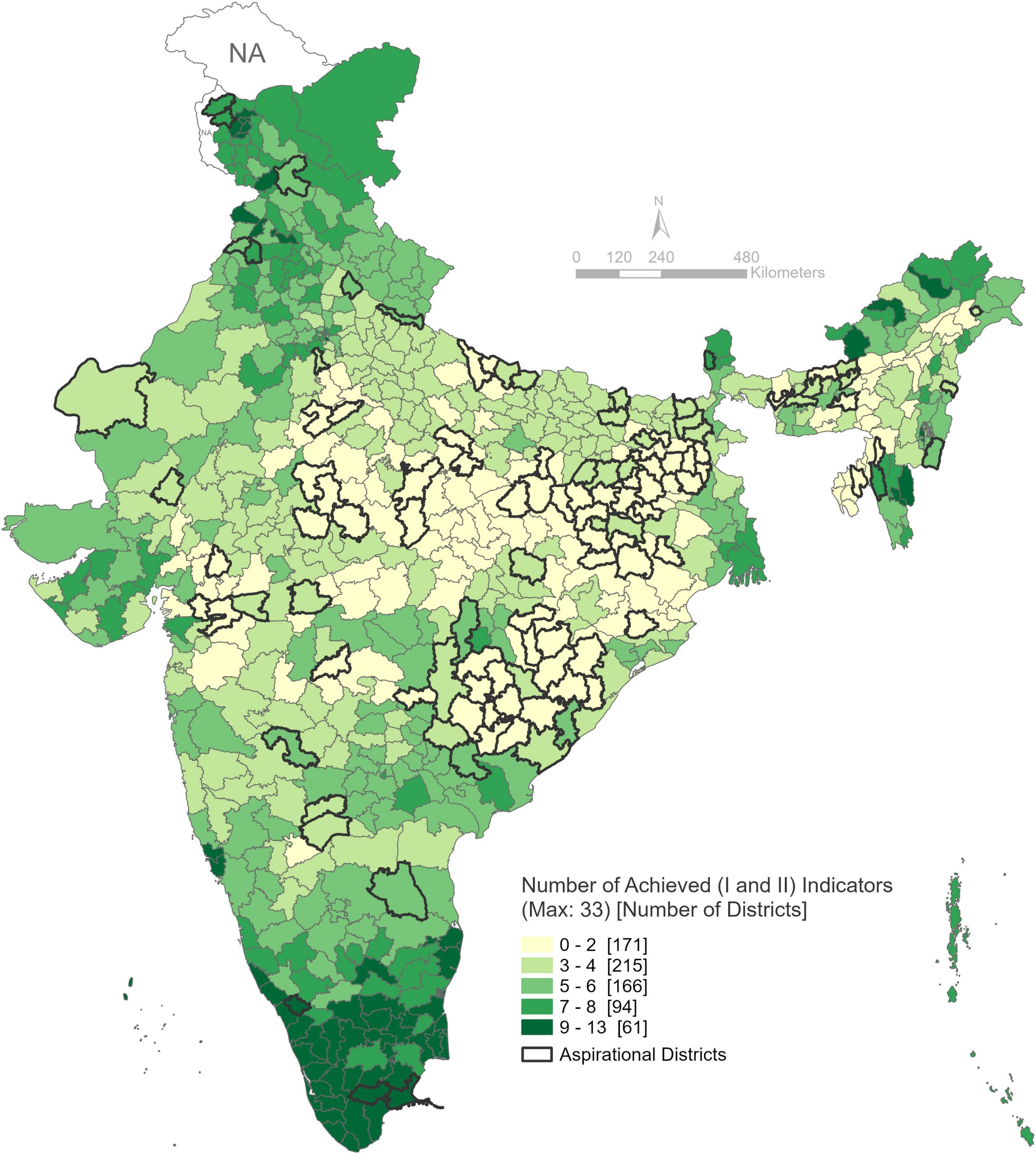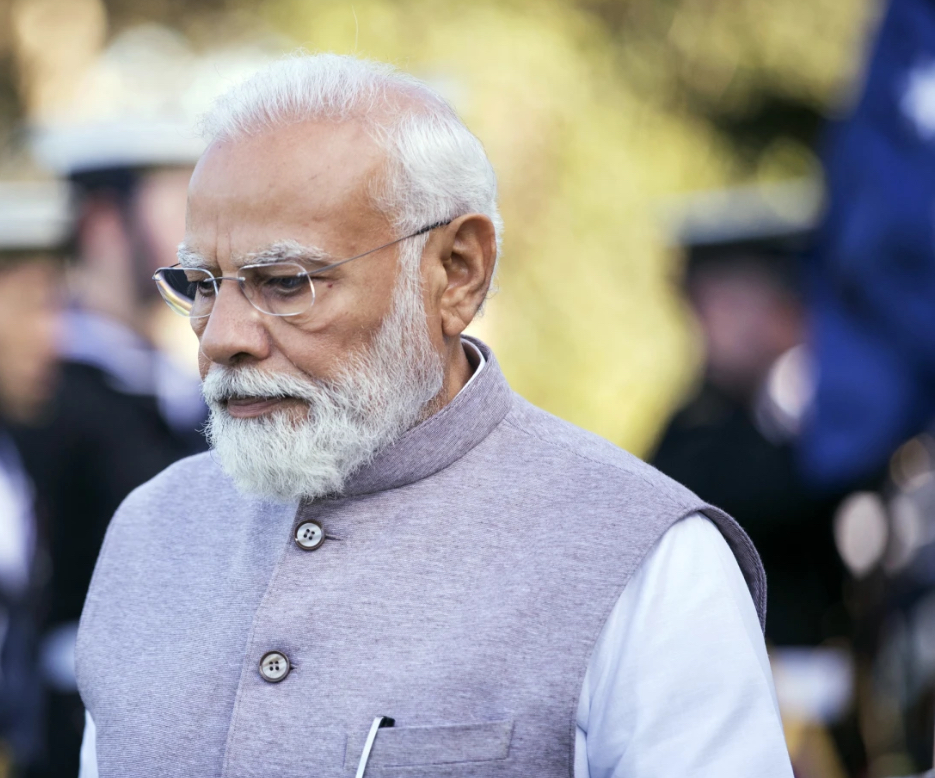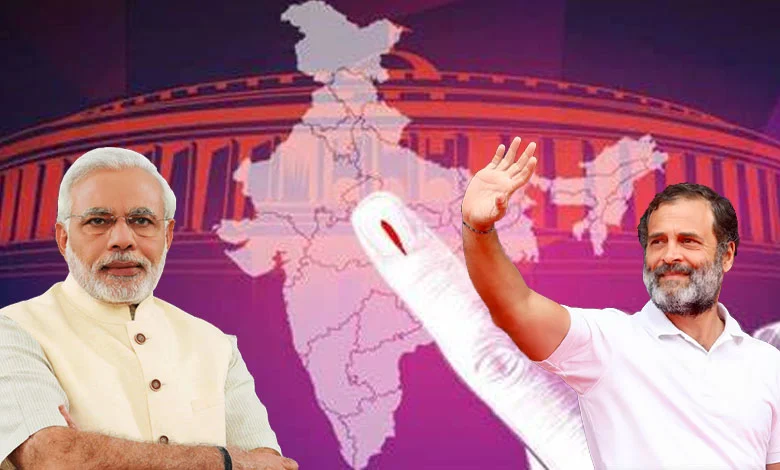An Indian guy get huge success on his OYO startup in China

The 24-year-old founder and CEO of OYO said that the company currently manages 180,000 rooms in 4,000 leased and franchised properties spread across 265 cities in China
A college dropout, who began his business venture with a single hotel in Gurgaon, decided to foray into China last November when his startup was well on its way to becoming India’s biggest hotel brand by room numbers. Today, Ritesh Agarwal‘s hospitality company OYO Hotels & Homes is reportedly bigger in our neighbouring country than it is in its home market.
The 24-year-old founder and CEO of OYO told South Asia Time that the company currently manages 180,000 rooms in 4,000 leased and franchised properties spread across 265 cities in China. That’s a near 107 per cent jump from the 87,000 rooms under management that the company had reported just two months back. The achievement is all the more impressive when you plot this growth against the 149,000 rooms the six-year-old company manages in India and South Asia.
Although the company was incorporated in 2012 as Oravel Stays, initially it was a platform for listing budget accommodations. In 2013, Agarwal pivoted from being just a discovery marketplace to a managed marketplace. A year on, he had expanded 40 hotels in Gurgaon and then began to conquer other Indian cities. OYO now boasts a footprint in over 500 cities across seven countries, including Malaysia, Indonesia, Nepal, UAE and the UK.
“India and China are our home markets,” Agarwal told the daily. “In just one year, we are now among the top-10 hotel chains in the latter. Our assets there have been seeing an average occupancy jump, ranging from 25 per cent to 60 per cent -70 per cent, after the hotels lease or franchise the properties to us.”
The experts have read the writing on the wall for quite a few months now. According to media reports, in the first quarter of this fiscal, OYO had added a total of 47,000 rooms in China against 34,000 in India, signalling a higher growth rate in the new market. “It’s probably the first successful Indian internet company that’s gone to the lion’s den, and scaled to this size,” Ankur Pahwa, national leader, e-commerce and consumer internet, EY, told the daily, adding that “one must take into account the whole size and dynamics of that market, which is simply mind-boggling”.
Indeed, the Chinese market is regarded as notoriously difficult for international companies to crack, including some of the world’s largest technology and consumer internet players like Google, Amazon and Uber. The latter exited the world’s second-largest economy after selling its China operations to local rival Didi Chuxing in 2016.
So how did Agarwal manage to conquer China? The daily previously quoted the founder saying his go-to-market strategy for China was to “think like a company in China that was trying to emulate OYO”, and not as an Indian company launching operations in another country. This, he claims helped OYO take a more local approach and avoid some of the mistakes a foreign company would commit.
“Most foreign companies look at recruiting bilingual management teams in a different country. We didn’t make that criteria because a local company wouldn’t have that constraint and if we would have that constraint, we would narrow our talent pool,” Agarwal told the daily on the sidelines of Extreme Entrepreneurs 2018, a training series for startups organised by OYO investor Lightspeed India Partners.
Furthermore, by going into the country with zero preconceived notions, Agarwal said the company was able to gather significant insights that helped it to grow business. For instance, while customers in India reportedly expect full-blown service even at economy hotels, Chinese customers’ expectations tilt more towards having better infrastructure at economy hotels. Building on such insights, OYO was reportedly able to quickly scale up occupancy rates in the country from 20-25 per cent to 60-65 per cent by early September.
That’s before OYO raised $800 million from Japanese telecom major Softbank through Softbank Vision Fund – along with an additional commitment of $200 million – and joined India’s unicorn club. In a statement, the company had said that the bulk of the funds raised would go into “strengthening its position in China”.
According to the founder, OYO now boasts 600 supply chain partners and over 100 warehouses in China, which allows it to keep “infrastructure availability very easy” and “provide this quality of product at 20-30 per cent lower price” compared to the market. He added that close to 70 per cent of OYO’s China business is through organic channels, including its app and walk-ins. The rest of the traffic comes in from digital platforms such as Alibaba-backed Fliggy, Qunar and Meituan, China’s largest service booking app.
Moreover, deep pockets aren’t the only thing going for Agarwal – he is equally focussed on the human resources angle. OYO China currently employs about 5,500 people in China as full-time employees, and a further 60,000 on a contractual basis.
Significantly, the company is looking to build a strong local leadership team in China to continue to expand operations there. OYO has reportedly poached a number of senior executives from some of the largest consumer technology companies. For instance, Wilson Li has come aboard as its chief financial officer for its Chinese operations. Prior to joining OYO, Li used to be the finance and operations head at car rental major Car Inc.
Last month, OYO also hired Google and Uber executive Jia Zou as its technology head and Tony Liang, formerly with Wanda, SF Express and Dianping, as its chief human resources officer. However, as some of the CXO-level hires are yet to be finalised.
Last week, the company appointed former IndiGo President Aditya Ghosh as its chief executive officer for India and South Asia, with effect from December 1. “As we grow our business, we feel it is essential to continue to invest in building one of the most influential leadership teams and bringing in professionals with an entrepreneurial mindset and from diverse backgrounds, that can help lead the next wave of growth at Oyo Hotels,” Agarwal said in a statement announcing the appointment.
Experts say OYO’s HR strategy is paying off. “They’ve had a “distributed leadership” form of management that empowers a lot of folks, which is probably what’s needed for the company, given its focus on China and expansion into other overseas markets. The businesses require top management to have their feet on the ground,” said Pahwa.
With OYO going great guns, the buzz is that Agarwal may soon be joining the Forbes India billionaires list. The 24-year-old has already been named the ‘youngest self-made entrepreneur’ in the Barclays Hurun India Rich List 2018 release.
(From business today Edited by Sushmita Choudhury Agarwal)



















Facebook Comments